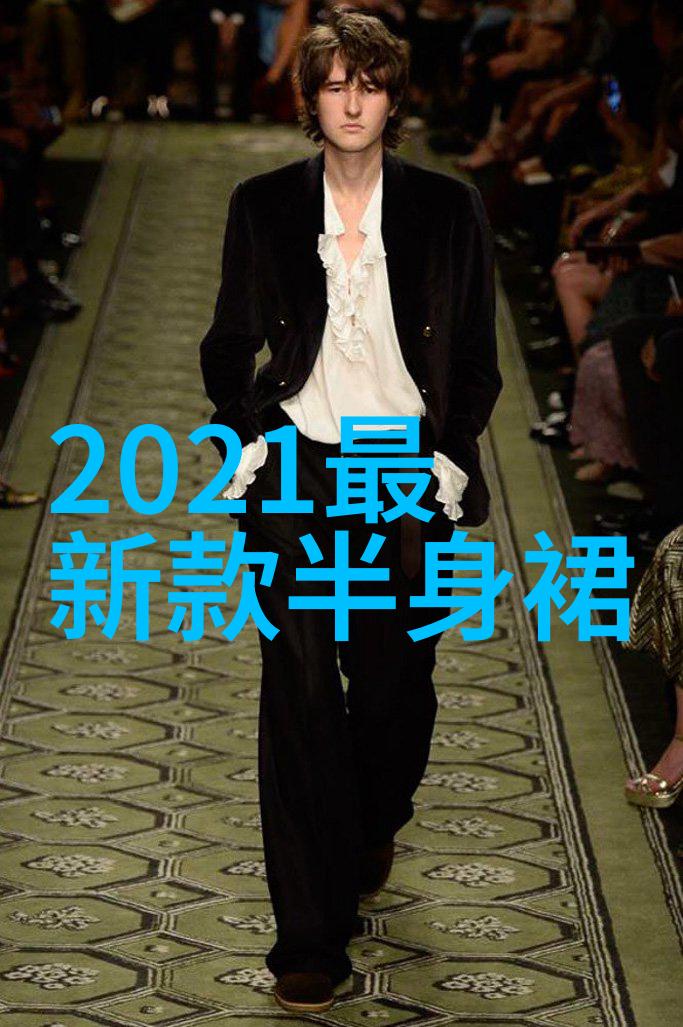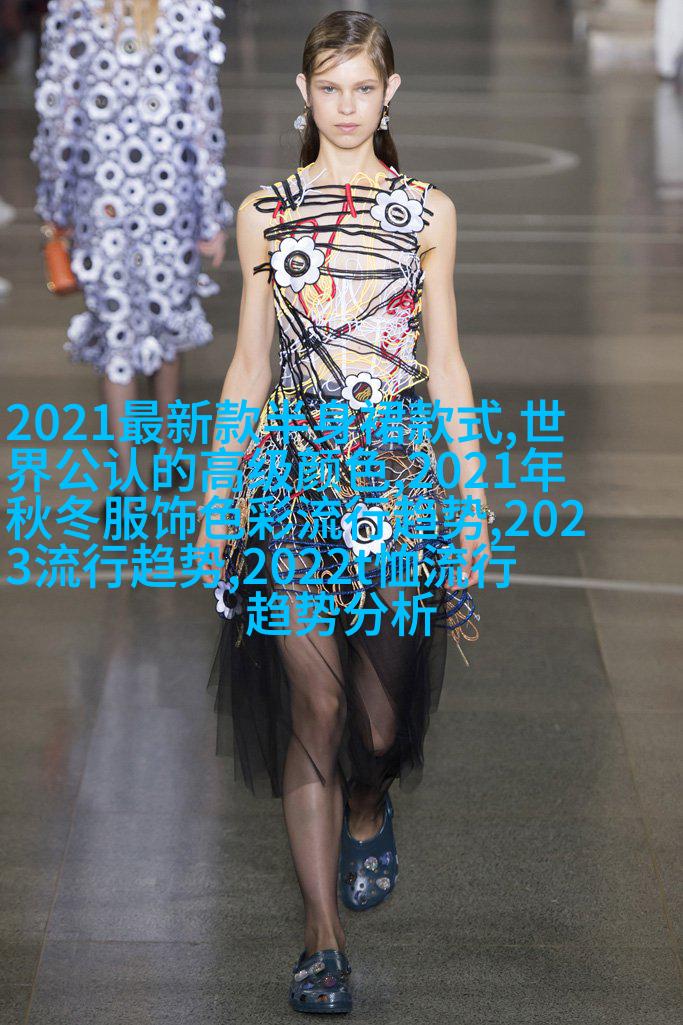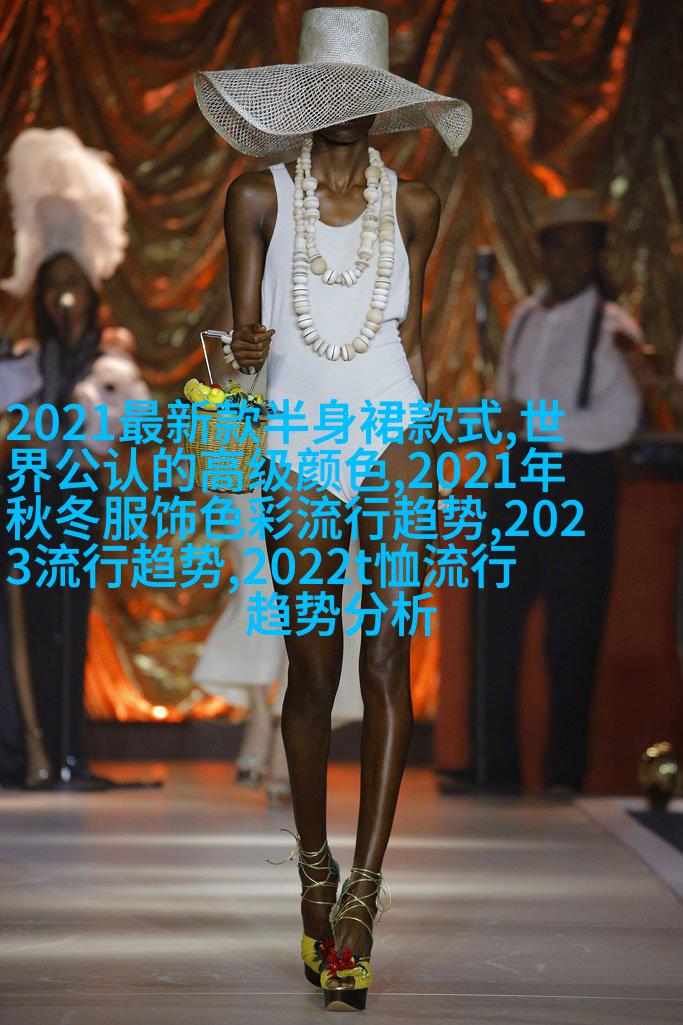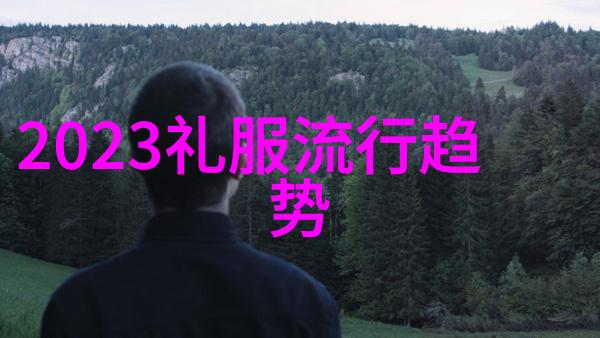Introduction

Retro English, a term that echoes the bygone era of vinyl records and cassette tapes, has made its way back into our modern lexicon. This phenomenon is not just limited to fashion or music but also seeps into the fabric of language itself. The influence of retro English on contemporary writing and speech is undeniable. In this article, we will delve into how retro English influences our language and explore its impact on modern communication.
The Revival of Retro Slang

Slang terms are an integral part of any language's evolution. They provide a unique way for people to express themselves while creating a sense of belonging within their social groups. With the rise in popularity of vintage aesthetics across various platforms like Instagram, TikTok, and Pinterest, it's no surprise that retro slang has seen a resurgence in recent years.
Terms like "sick" (meaning excellent), "lit" (meaning exciting or fun), and "ghosting" (the act of suddenly stopping all communication with someone) have become commonplace in everyday conversations among younger generations. These words not only evoke nostalgia but also serve as markers for identity within subcultures.

Hipster Culture: A Hub for Retro English
Hipster culture has played a significant role in popularizing retro elements including clothing styles and linguistic expressions. Hipsters often embrace vintage aesthetics as part of their identity expression which includes adopting old-school slang terms.

The hipster movement's emphasis on individuality allows individuals to showcase their unique personalities through fashion choices such as skinny jeans from the 80s or oversized sunglasses reminiscent of 60s icons like John Lennon.
Influence on Contemporary Writing

Retro English hasn't been confined solely to spoken language; it has also made its mark on written content too - particularly among young writers who seek inspiration from classic literature or emulate nostalgic stories told through digital media channels such as blogs and online magazines.
Some authors choose to incorporate vintage vocabulary into their work not only because they find it aesthetically pleasing but also due to its ability to capture emotions associated with past eras more effectively than modern equivalents do today - think about how difficult it might be using contemporary jargon when describing life during World War II!
This integration can create an atmosphere richly saturated with historical context that may otherwise feel foreign if described using current terminology alone without contextualization provided by these antiquated words' meanings over time passed down generationally via storytelling amongst family members who shared experiences lived before us were born so now we must learn about them through books movies etcetera...




